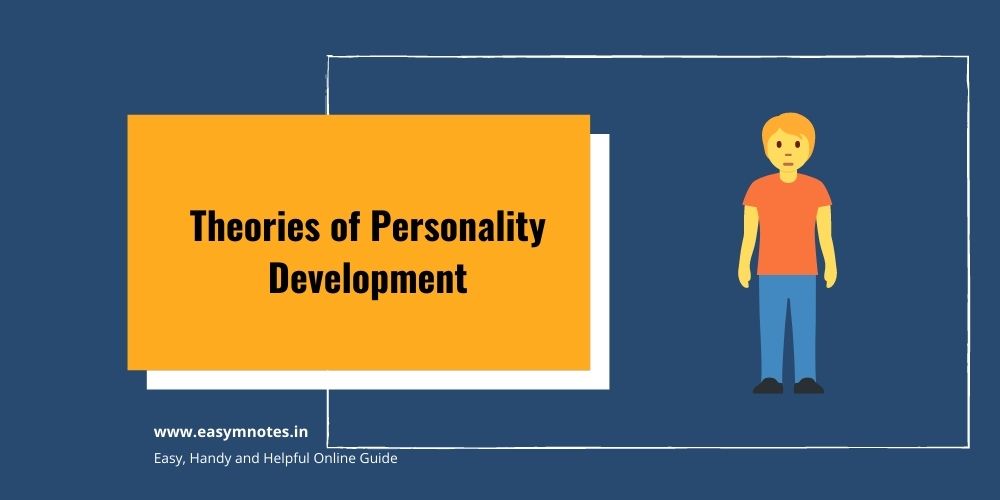Personality Development Theories
Apr 25, 2023
This paper explores personality developmental theories in developmental psychology, including the psychodynamic theory developed by Sigmund Freud, Erik Erikson's psychosocial theory of development, and Abraham Maslow's hierarchy of needs.
The psychodynamic theory proposed by Sigmund Freud is focused on how unconsciousness affects an individual’s behavior. It states that personality develops from childhood experiences and is heavily influenced by a person’s interactions with their parents, siblings, peers, and other important figures in their lives. According to this theory, unresolved conflicts during childhood can lead to psychological distress that continues into adulthood.

Erik Erikson’s Psychosocial Theory proposes that personality development occurs throughout life as individuals progress through eight stages. Each stage presents different challenges and opportunities for personal growth. According to this theory, personality is a dynamic and adaptive process that involves a continual struggle between the individual’s need for self-expression and security.
Finally, Abraham Maslow’s Hierarchy of Needs states that people must fulfill their basic needs such as food, water, shelter, and safety before they can develop psychologically. The hierarchy points out that only after these more basic needs are met can an individual begin to focus on their psychological development by fulfilling higher level needs such as love and belongingness or self-actualization.
Personality development is an important part of life as it affects how we interact with others and the world around us. This paper has explored three major theories of personality development, including psychodynamic theory, Erikson’s psychosocial theory, and Maslow’s hierarchy of needs. Each of these theories offers a unique perspective on personality development that can help people better understand their own behavior and the behavior of those around them.
